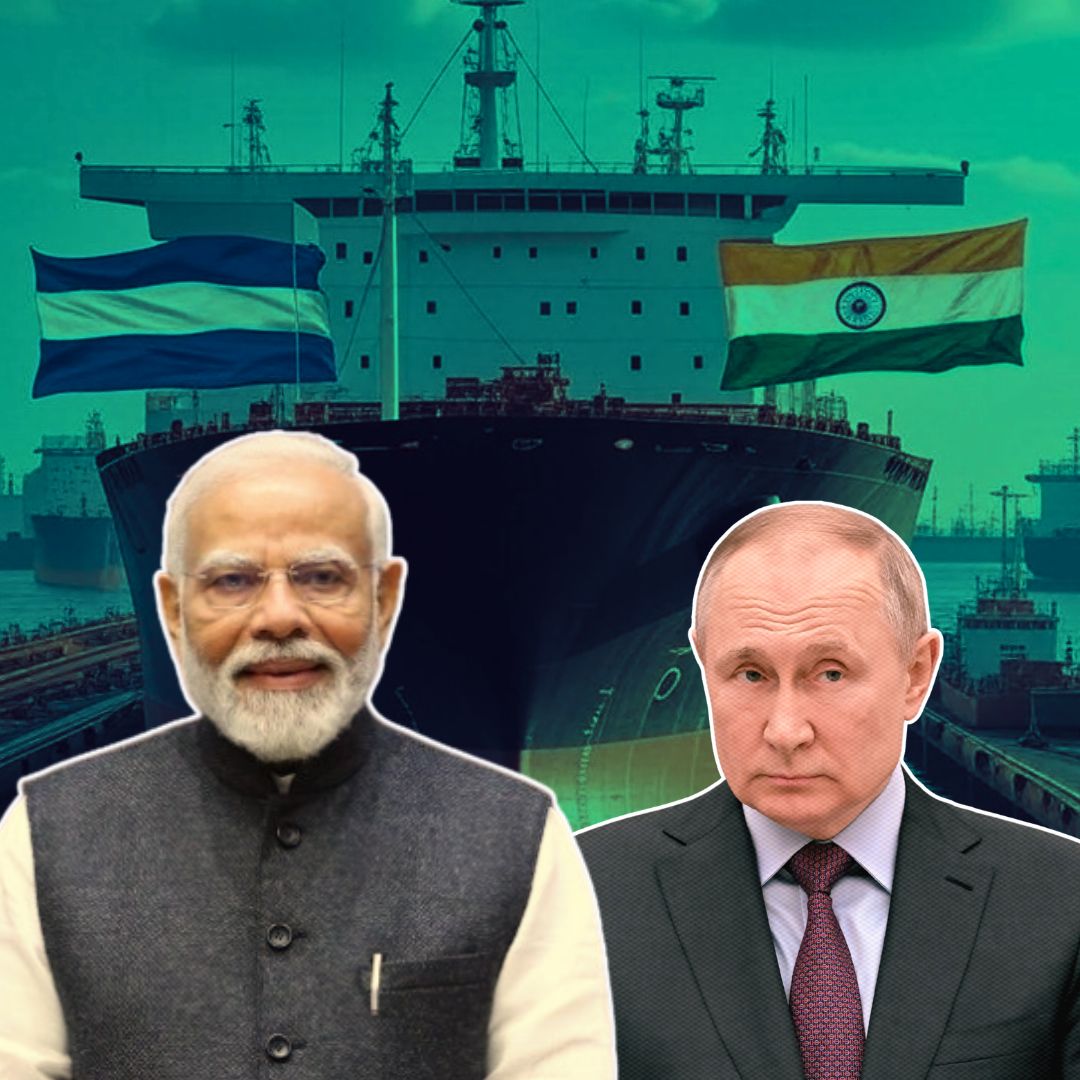India has declared it will continue to import oil from Russia in defiance of threats of penalties and new tariffs from former U.S. President Donald Trump. Indian officials reiterated that decisions on oil procurement will be made strictly in line with national interest, focusing on energy security for its 1.4 billion citizens.
Despite mounting international pressure and uncertainty about potential consequences, the government has given no directive to halt or reduce Russian oil imports. This stance highlights the critical role Russian crude plays in moderating India’s fuel costs and inflation, as India navigates complex diplomatic and economic challenges.
India’s Energy Security: Government Stance and Market Impact
At a recent briefing, Ministry of External Affairs spokesperson Randhir Jaiswal affirmed, “India’s stable and time-tested partnership with Russia should not be viewed through the lens of any single country.” Official data shows Russian oil now constitutes roughly 36–40% of India’s crude imports, up from less than 1% before the Ukraine conflict began.
Refiners such as Reliance Industries and Nayara Energy have maintained long-term contracts for Russian supplies, making an abrupt policy shift unfeasible. Indian authorities underline that discounted Russian oil has delivered significant savings, supporting both the economy and consumers by keeping pump prices stable and inflation under control amid global market turbulence. “These are long-term oil contracts. It is not so simple to just stop buying overnight,” a senior government source stressed, revealing both the complexity and the stakes of India’s energy calculus.
Diplomatic Fallout and Economic Ramifications
President Trump has taken a hard line, recently imposing a 25% tariff on Indian goods and threatening further penalties over India’s ongoing Russian oil trade. Trump contends that such trade finances Russia’s war in Ukraine and undermines Western sanctions. Yet India points to its strict adherence to international law, noting that purchases are made below the European Union’s price cap for Russian oil—meant to keep global prices moderate while minimizing Moscow’s profits.
Analysts warn that if India were forced to pivot away from Russian oil, its annual import bill could spike by $9–11 billion, raising costs for industry and consumers and sparking new inflationary pressures. The challenge is compounded by expanding EU sanctions and tighter scrutiny, which, alongside U.S. actions, threaten to squeeze Indian refiners from both ends and put at risk the country’s fragile energy security position.
Context and Evolving Energy Diplomacy
Since Russia’s invasion of Ukraine in 2022, India, the world’s third-largest oil importer, has rapidly increased its intake of Russian crude, capitalising on discounted rates after Western buyers shunned Moscow’s supplies. While India has also boosted oil imports from the United States by 51% in the first half of 2025, Russian barrels remain critical to its energy mix and export sector.
Notably, New Delhi argues its buying supports global price stability, as removing Russian oil from the market would push up prices worldwide. Indian refiners now process between 1.7 and 2.0 million barrels of Russian crude a day. Policymakers indicate they are evaluating contingency plans in case Russian supplies are suddenly disrupted, but insist that for now, national interest—and affordable energy—take precedence over external pressure.
The Logical Indian’s Perspective
The Logical Indian recognises that every nation must first ensure the welfare and economic security of its people. In times of geopolitical and energy market upheaval, dialogue, mutual respect, and empathy become especially essential.
We believe responsible policymaking must balance national priorities with global responsibilities.












